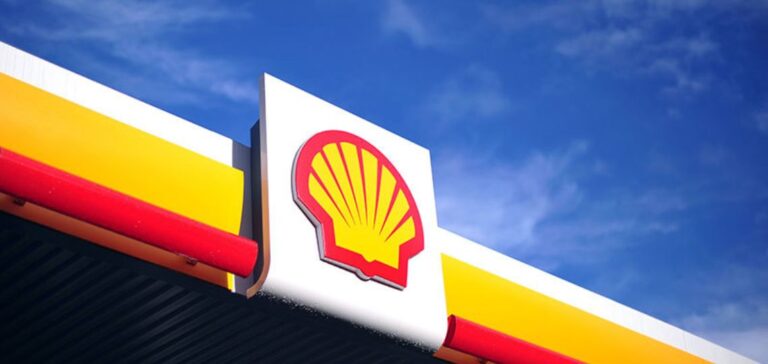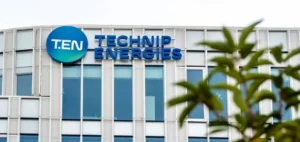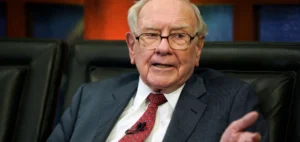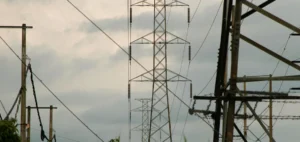Shell of the UK saw its first-quarter net profit fall by 15.5% to $7.4 billion. This decline was accompanied by a 16% reduction in sales to $74.7 billion. Exceptional items, such as commodity derivatives and exchange rate impacts, also had an impact on this period’s financial results.
Downstream sector faces headwinds
The hydrocarbon exploration and drilling division (“upstream”) saw a sharp 18% drop in revenues. This decline is attributed to falling gas prices, down 26% year-on-year, and a slight rebound in oil prices despite ongoing geopolitical conflicts. These factors contributed to increased pressure on the division’s margins and profitability.
Challenges and strategies in marketing and chemistry
Results from the marketing and chemicals divisions also suffered a downturn, while decarbonization efforts continue to be a major strategic challenge for the company. At the same time, the renewable energies division reported a significant fall in earnings, reflecting the challenges facing the sector in a fluctuating economic environment.
Market reactions and future prospects
The market response was moderately negative, with Shell shares down 0.60% in early trading on the London Stock Exchange. For the second quarter, Shell anticipates a further drop in hydrocarbon production. A $3.5 billion share buyback program is also announced, scheduled to end this summer.
Shell navigates in a complex economic and geopolitical climate, with persistent challenges but also adaptive strategies. The results reflect the turbulence in the hydrocarbon market and the company’s efforts to remain competitive.






















